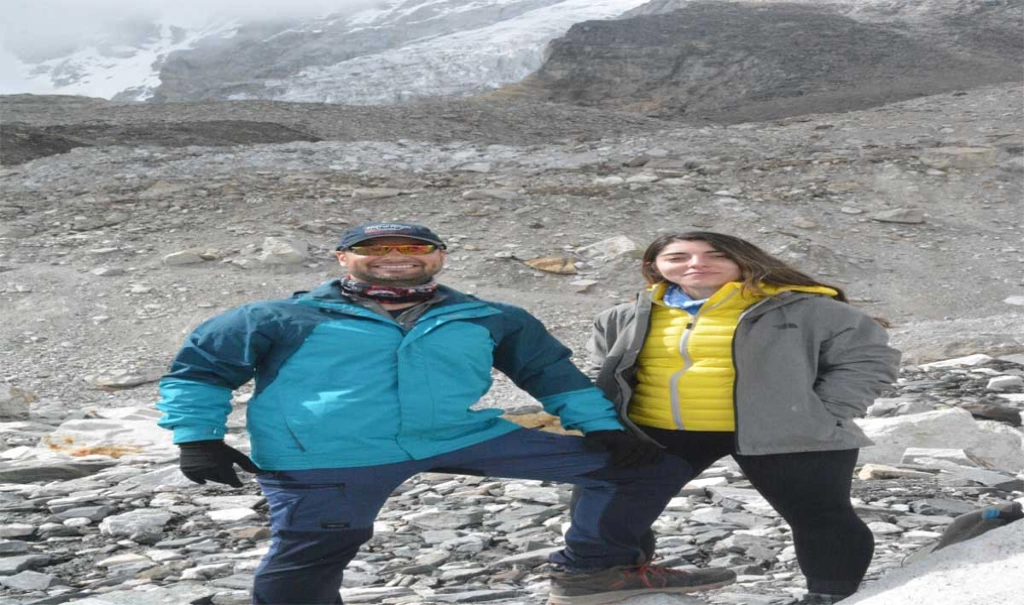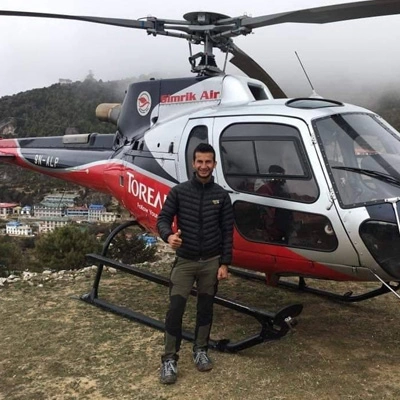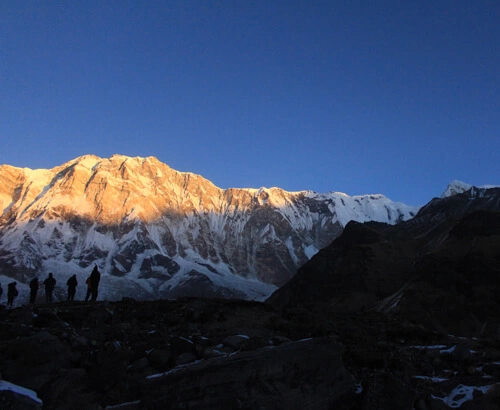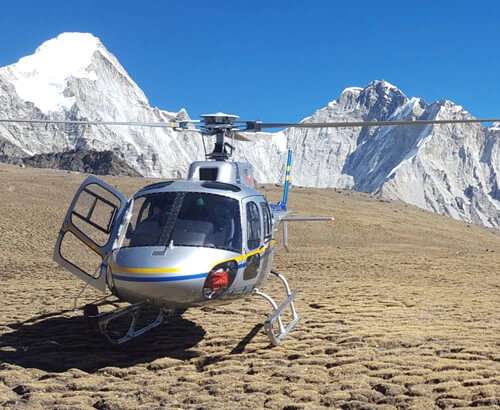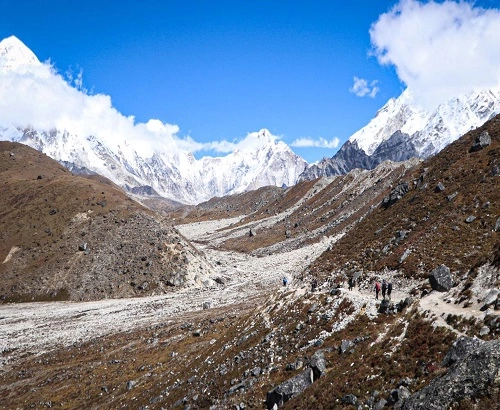why do people have to get Altitude sickness?
Especially Nepal is a mountaineering country in the world. located in south Asia there are many of the highest mountains above 8 thousand meters Mount Everest, Makalu, Kanchan Ganga, and Annapurna surrounding Nepal. more trekkers have to plan to visit the highest mountain in Nepal but they have a big issue with mountain altitude sickness. who are interested to do the Nepal trekking need to must preparing the waking to snowy mountains. when they are arriving in Kathmandu starting to Diamox but why they can use the medicine what is the Diamox, is a solution to the problem that does not use Diamox at sea level. I have more than 15 years of trekking guide experience in the snow mountain in Nepal.
we always support and give good confidence to our valuable able customers my suggestion for those who are going to the highest mountain for trekking and expedition all around the world first need to do light training and find the fitness level for yourself. mountain site, not the same temperature and climate every 1h to changing so you need to use a long slip t-shirt and jumper not open your body in the mountain site. so when you have a get cold and your body power or thinking power is gone less. you think negative wow my got I think I feel altitude sickness. that's the way first you need to think positive altitude sickness is not a direct problem to an altitude sickness first they give us symptoms like blogging your eyes, don't like to eat anything to food, vomiting, and back headache problem so you need to carefully mention the food and health your body is recovering don't care anything you got altitude sickness
what is the solution of altitude sickness
we have a great idea to solve altitude sickness in all Himalayan parts of the world. when you are starting to trekking you need to care about your health first thing is the food you can eat green vegetables and organic food so you got energy, and you need to eat garlic soup once a day 1 time don't be trying to meat item in highest mountain area if they have to fresh its ok but mountain site, not fresh meat item so you need to control for above the 4000 m high and energy bar chocolate when you are hungry you need to eat at least your body get power to move further step so not attack the altitude sickness. every trekker needs to take five liters of water per day so when the traveler uses the Diamox so when time your body is dry you need to recycle for body and trekking time swatting to use the good thermal. for example, mount Everest base camp trekking
if travelers have altitude sickness what we do
when trekkers have to get altitude sickness first step you need to come to lowes1000 elevation to where you are and the second step we need to eat soup & energy food, after that use 1 pers Diamox and take rested 2hours then they feel much better if their feet try to go again to further if they have to still problem need to camp back don't try to go more altitude. sometimes people try to go to high altitudes that's a way people go die in a mountain first need to care for yourself if any trekkers carefully follow that information differently they got a destination. the last thing is Diamox is not a medicine that just sorts time gives to control your body time if can don't drink water that time problem the side effect
